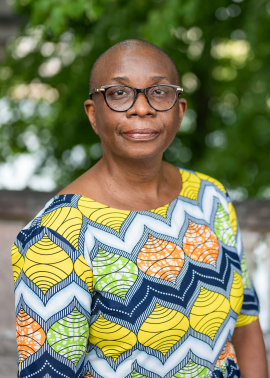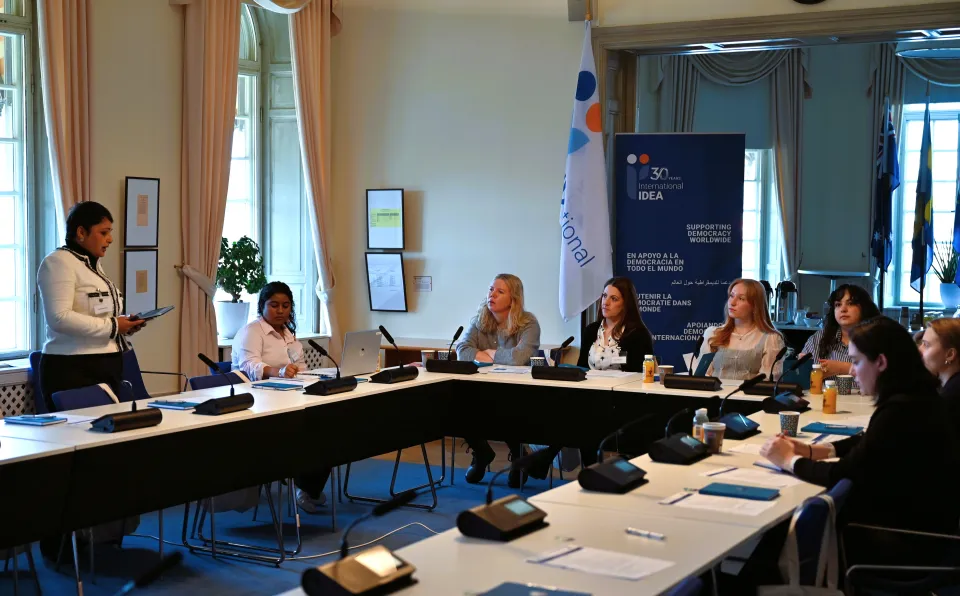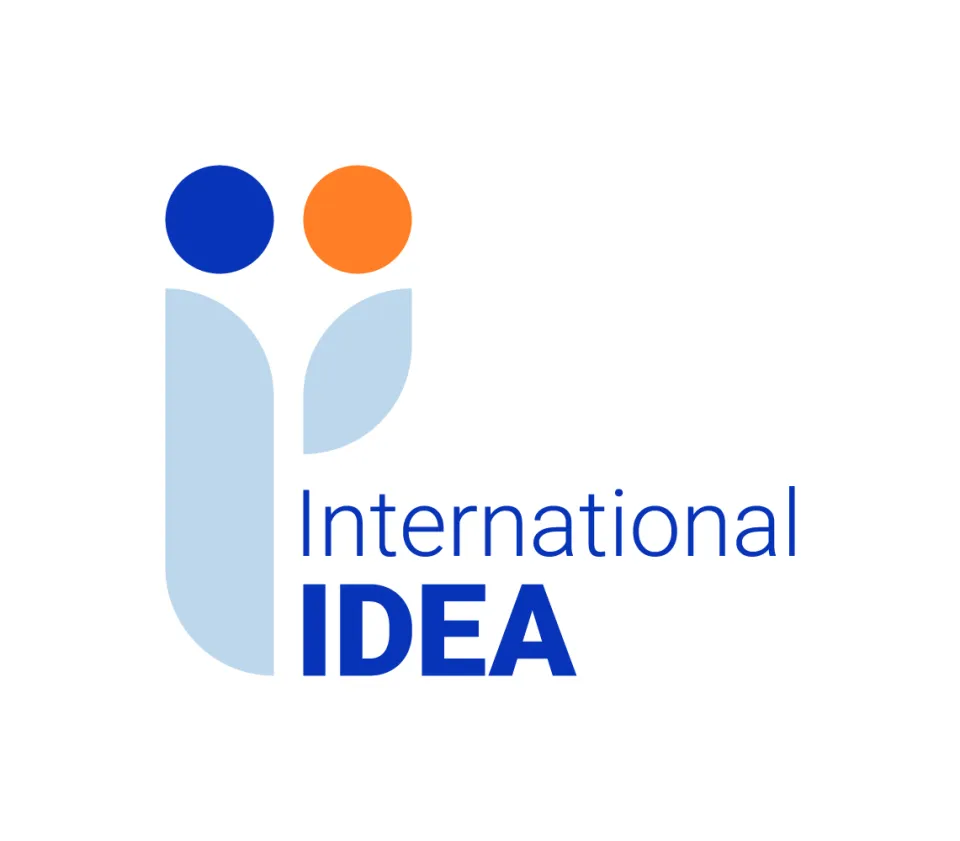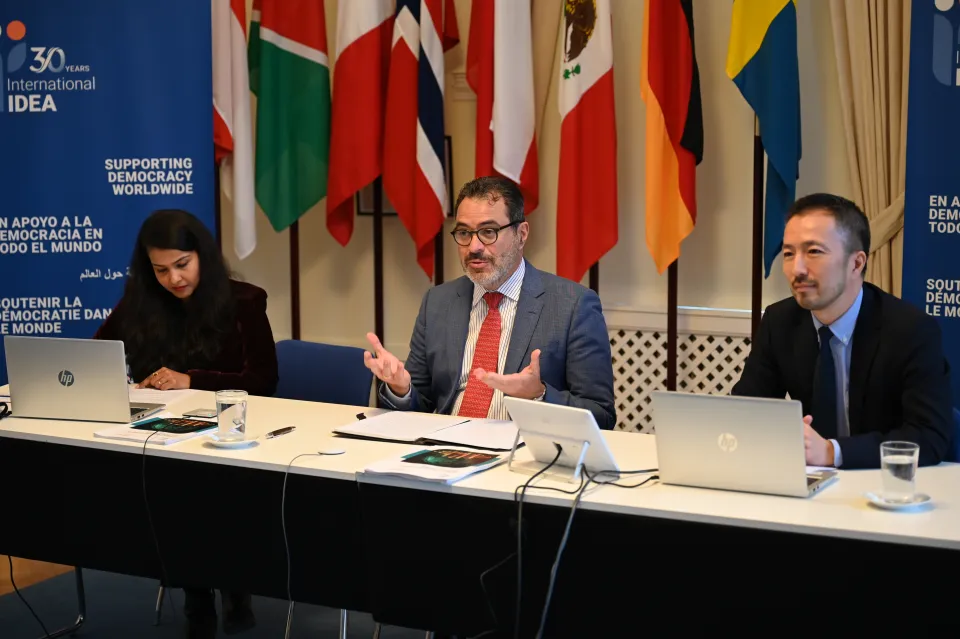On the occasion of the 2014 International Women’s Day, International IDEA joins the rest of the world in awareness raising and celebrating women with the theme Empowering change and action. For International IDEA this presents an opportunity to salute all women across the world for defending the rights of women in all spheres of life and the implementation of empowering change and actions. Though yet again we celebrate women of the world in the context of unmet Millennium Development Goals (MDGs) - and in particular MDG 3 on gender equality and the empowerment of women.
The past three decades have seen significant gains in securing women’s rights and constitutional guarantees of equality. That so much discrimination against women persists after decades of national and international commitments to eliminate all forms of discrimination against women is an unfortunate reality. The rising global consensus on women’s empowerment did not emerge overnight but rather evolves from a long, slow struggle for the recognition of women’s rights. Consequently, concerted actions on empowering women in order to trigger changes in the deeply rooted gender inequalities in all spheres of life are essential.
The lack of women’s empowerment is a problem that has solutions and must not be addressed in a piecemeal fashion of certain aspects of inequality. The experiences and activism on women’s empowerment has shown that there are many pragmatic changes and actions that can empower women. The empowerment of women requires a fundamental transformation in the distribution of power, opportunities and outcomes for both men and women. Furthermore, women’s empowerment requires a different vision for the world, a vision in which women and men share equally in the enjoyment of basic human rights and the exercise of fundamental freedoms. Without leadership and political will, women’s empowerment will remain unattainable.
2014 is the year to build on the momentum from the MDGs and ensure that women’s empowerment remains an international priority. In the context of the post-2015 framework it is vital that transformative change stimulate lasting change in the power and choices that women have over their own lives and tackle the root causes of inequality is accelerated.
Women’s empowerment should therefore be a standalone goal in order to ensure that there is scaling up of resources and political commitment. Women’s empowerment must go hand in hand with efforts to address gender inequality and should include important elements on access to and control over resources, meaningful participation, the reduction of women’s unpaid care responsibilities and living free from violence.
The priority theme for the 2014 UN Commission on the Status of Women - Challenges and achievements in the implementation of the Millennium Development Goals for women and girls - points to the urgency for empowering changes and actions.




